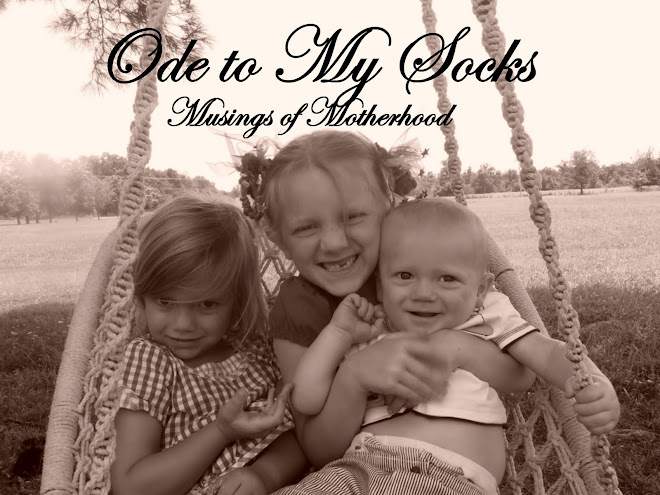Parenting is a lot like writing, I think.
First, writing, like parenting, is a laborious process. It can be cathartic and fulfilling and life-giving. This is why people do it and continue doing it, regardless of the angst that seems to be a prerequisite for the job (see Sylvia Plath, Ernest Hemingway, and F. Scott Fitzgerald). But before it can be cathartic and fulfilling and life-giving, it will suck the ever-loving life from the deepest marrow of your soul (see 4am with a toddler who is learning to sleep in his own bed for the first time). The patience and tedium involved in sitting, sometimes for hours, in front of a blank screen, typing, deleting and retyping the same sentence, can cause you to question the sanity of the process (see also time-outs and tantrums and bedtime routines). It can cause you to question your own sanity. Clearly, not all writers make that cut. Not the really good ones, at least.
And if you want to be good, you have to show up. Not just occasionally. You have to do it everyday, pen to paper, fingers to keyboard, whether it feels good or not. However in writing, as in parenting, sometimes simply showing up does not elicit our best work; sometimes it means stumbling, bleary eyed, down the stairs, switching on a "Sponge Bob Square Pants" marathon, slapping a box of cereal on the table, and falling asleep again on the couch (see Snow Day #11). To bring the very highest quality that is in you and to do it again and again, everyday, forever, is a discipline. It does not happen overnight, and let's be honest, sometimes it doesn't happen at all. We know realistically, that our very best does not and cannot always materialize (see also today's car ride home from church), but we must continue to try with all that is in us to wake up every morning with our very best as the goal.
Hopefully, in showing up every day, you will have a wealth of material to work with. You will wade through Snow Day #11 and Sunday's car ride home from church, and somewhere in the midst of that you will find a snowy Spring Break afternoon of making doll dresses from the kit our seven year old received for her birthday; you will find heart felt apologies that end always with "I love you," and if you're lucky, you might even find three giggling children doing Velociraptor impressions in the living room with their daddy (see Cretaceous Period). You see, with all of the material that you have from simply showing up, you find words, sentences, maybe even paragraphs that work. The stuff that remains. The stuff that is life-giving.
Let's also remember, that some people are born to be writers. It doesn't mean that they don't have to work at it, but there might be some kind of instinctual gift for the precise word or a certain appropriately placed modifier. For others, they write because they love it, though maybe they haven't had the best instruction; maybe their subjects and verbs don't always agree or maybe their stories read with redundancy. It's ok. Let them write, free of judgement. Let us be a community of writers who supports those who write, regardless of how or what they write, because of our love for the craft. Because, after all, people become writers in many different ways, and for many different reasons. Their stories do not belong to us, and we often can't begin to understand their subtext. So, let us also be a community of parents who support other parents, regardless of how they parent, because of our love for children. All children.
Most things that are worth anything, like writing, like parenting, require hard, hard work. They require showing up and remaining present, even when we don't have it in us to do so. And they require our sweat, our tears, and various other forms of DNA (see couch we are about to donate to the Salvation Army). At times, dark times, they require our hearts being ripped out and torn to pieces. However, there are few, if any things more worthy of the great investment of writing and the even more noble investment of parenthood.
At the end of it all, there is no guarantee that the final product will be what we had planned, or even what we had hoped, because somewhere along the way, the subject of our greatest labor will undoubtedly take on a life of its own. This can be heartbreaking; it can be exhilarating, or it can be both at once. And regardless of the outcome, we have to have the courage and ultimately, the decency to say, "that's ok, too." Because it is ok, and only because we have poured ourselves out abundantly, through a process, for a purpose far beyond ourselves.
In seeing the process through to completion, we will have discovered the key, not to a life that is perfect, but to a life well lived.
